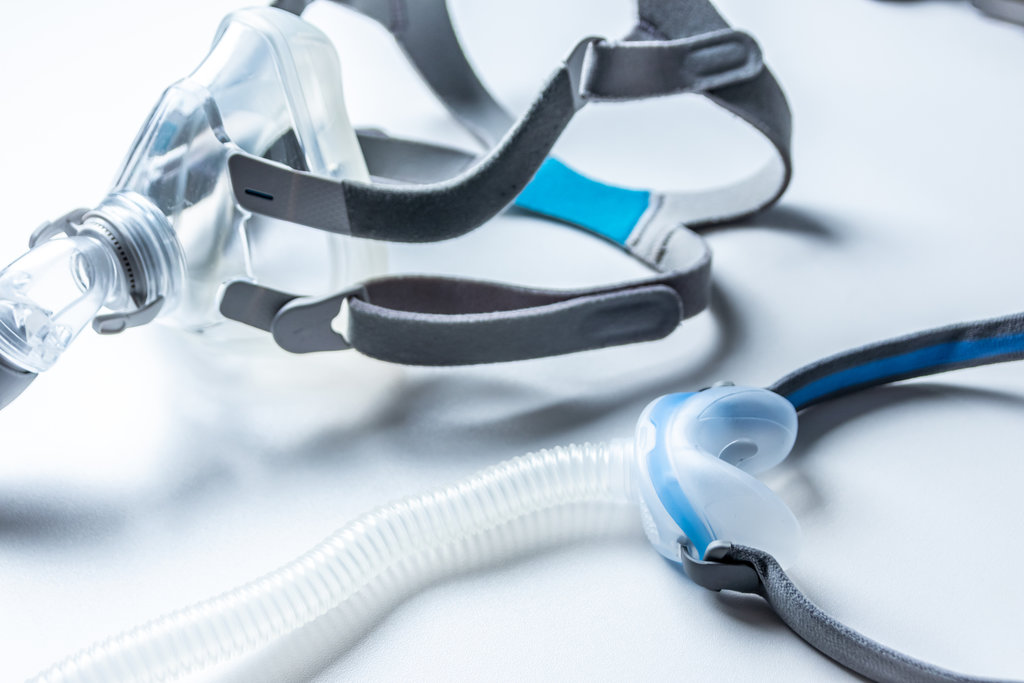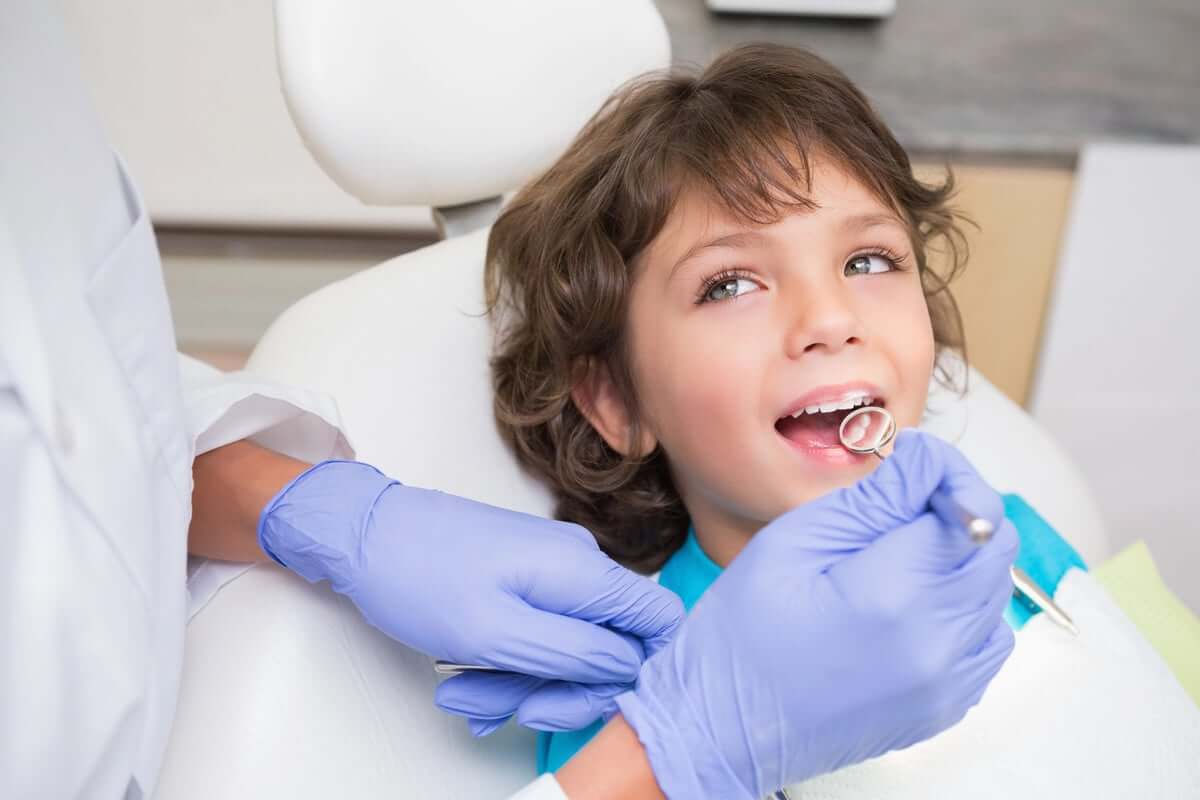Sleep apnea affects millions of Americans, disrupting not only their nightly rest but also their overall health in ways many never realize. What might surprise you is your dentist may be the first healthcare provider to spot the warning signs of this serious sleep disorder. The connection between sleep apnea and dental health runs deeper than most people understand, creating a cycle where poor sleep affects oral health, and oral health issues can worsen sleep problems.
At Lotus Dental Associates, Dr. Phan and our team recognize these important connections between sleep and oral health. We work closely with patients to identify potential sleep-related breathing issues and provide comprehensive care that addresses both your dental needs and overall wellness. Our approach focuses on the whole person, understanding quality sleep is essential for optimal oral health.
How Sleep Apnea Impacts Your Oral Health
Sleep apnea creates a cascade of effects throughout your body, and your mouth bears much of the burden. When you stop breathing repeatedly throughout the night, your body enters a state of stress that manifests in several ways within your oral cavity.
Chronic dry mouth represents one of the most immediate dental consequences of sleep apnea. People with this condition often breathe through their mouth during sleep, especially when using CPAP machines or when their nasal passages become blocked. This constant mouth breathing reduces saliva production, creating an environment where harmful bacteria thrive. Saliva serves as your mouth’s natural defense system, washing away food particles and neutralizing acids that cause tooth decay.
The Grinding Connection
Many sleep apnea patients develop bruxism, or teeth grinding, as their jaw muscles work overtime trying to keep airways open during sleep episodes. This unconscious clenching and grinding can wear down tooth enamel, cause fractures, and lead to jaw pain that extends well into the day. The constant pressure may also contribute to gum recession and loose teeth over time.
The relationship between sleep apnea and gum disease creates another concerning cycle. Poor sleep quality weakens your immune system, making it harder for your body to fight off the bacteria that cause periodontal disease. Inflammation from gum disease can then affect your overall health, potentially worsening sleep quality and creating additional breathing difficulties.
Warning Signs Your Dentist Might Notice
During routine dental examinations, trained professionals can spot several indicators that suggest possible sleep-related breathing disorders. These signs often appear before patients recognize they have a sleep problem, making dental visits crucial for early detection.
Worn tooth surfaces frequently tell the story of nighttime grinding, while cracks and chips in teeth may indicate excessive jaw pressure during sleep. Your dentist might also notice tongue scalloping, where the edges of your tongue show indentations from pressing against your teeth as you struggle to breathe during sleep.
Red, swollen, or bleeding gums combined with frequent cavities despite good oral hygiene habits can signal the dry mouth conditions common in sleep apnea patients. Some people also develop enlarged tonsils or a thick, large tongue contributing to airway obstruction during sleep.
The Role of Airway-Focused Dentistry
Modern dentistry has evolved to recognize the crucial role that oral structures play in breathing and sleep quality. Airway-focused dental care examines how your jaw position, tongue placement, and overall oral anatomy affect your ability to breathe properly during sleep.
Certain bite patterns and jaw positions can contribute to airway restrictions, while tongue-tie conditions may prevent proper tongue posture that keeps airways open. Dr. Phan specializes in identifying these structural issues and providing treatments that can improve both dental health and sleep quality.
Treatment options may include custom oral appliances that help keep airways open during sleep, offering an alternative to CPAP machines for some patients. These devices work by gently repositioning the jaw or tongue to maintain proper airway space throughout the night.
Taking Action for Better Sleep and Oral Health
If you experience symptoms like loud snoring, morning headaches, excessive daytime fatigue, or dry mouth upon waking, discussing these concerns with your dental team becomes essential. Many patients find that addressing sleep-related breathing issues improves not only their rest but also their oral health outcomes.
Professional dental care can help manage the oral health consequences of sleep apnea while working toward solutions that address the root cause. Regular cleanings become even more important when dealing with dry mouth conditions, and fluoride treatments may help strengthen teeth affected by reduced saliva production.
Comprehensive Care for Complete Wellness
Understanding the connection between sleep apnea and dental health empowers you to take a more comprehensive approach to your wellness. Quality sleep affects every aspect of your health, from your immune system’s ability to fight gum disease to your body’s capacity to heal from dental procedures.Dr. Phan’s fellowship training and focus on airway dentistry allow us to provide specialized care that addresses these interconnected health concerns. We work collaboratively with sleep medicine specialists when necessary, ensuring you receive comprehensive treatment that improves both your sleep quality and oral health. Our approach recognizes that optimal dental health extends far beyond your teeth and gums, encompassing your overall quality of life and well-being. Contact Lotus Dental Associates at (803) 548-8858 or schedule a consultation to learn more about how we can help improve both your sleep and dental health.





